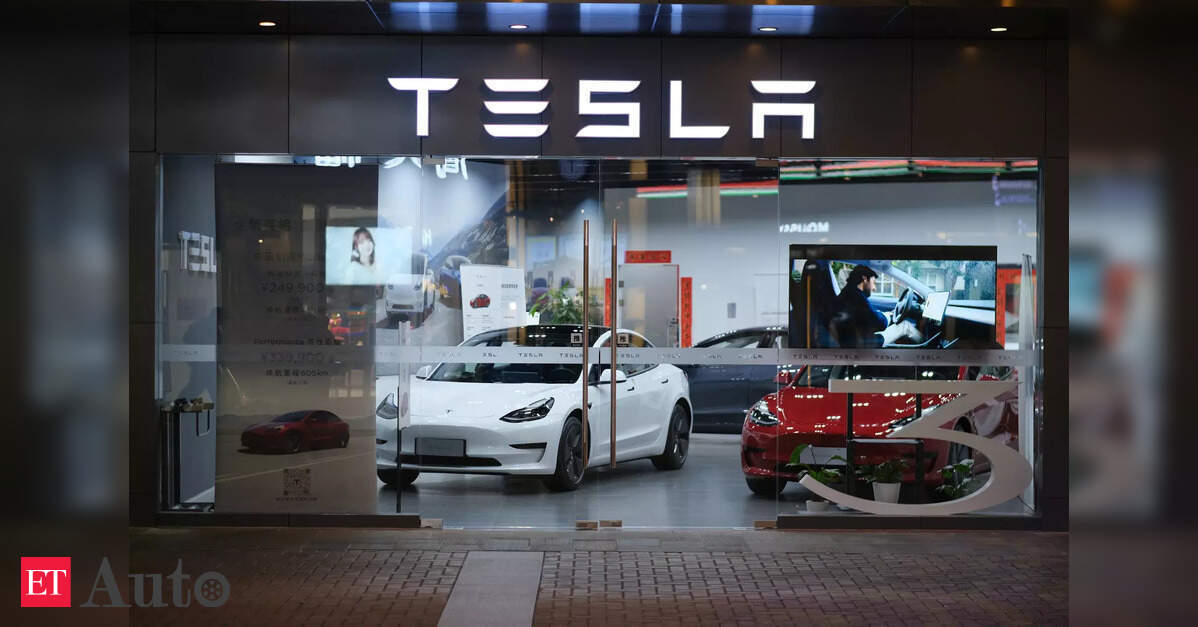Elon Musk's SpaceX (SPAX.PVT) is reportedly valued at $433 billion, according to reports from Bloomberg, making it the highest valued private company in the US.
Space Capital founder and CEO Chad Anderson joins Market Catalysts to discuss the broader space economy, noting that while SpaceX is "the apex player," it is far from the only player.
To watch more expert insights and analysis on the latest market action, check out more Market Catalysts here.
00:00 Rachelle Akuffo
Well, ex-CEO Linda Yaccarino announcing her departure from the company this week. So far, no successor has been announced, but with SpaceX reportedly looking to raise additional funds, what could this leadership change mean for CEO Elon Musk and the space economy more broadly? Joining me now for a closer look into how to play the space economy is Chad Anderson, Space Capital founder and CEO. Also with me is Lou Basanese, Prairie Operating Company, EVP of Market Strategy, and founder of the bigskinny.com. So, Chad, let's start with you. We were just talking about SpaceX, hugely valued company, but we have this news that Linda Yaccarino is stepping down. There's been this thinking among investors in Tesla, for example, that Elon Musk is constantly distracted by different things. For SpaceX, is that a concern for you?
01:04 Chad Anderson
So, we're going to talk about SpaceX, for sure. Um, uh, but the space economy is much broader than just SpaceX and Elon Musk. Um, it has gone. It is no longer a venture-only curiosity. It is now a macro, uh, relevant asset class that is reshaping defense, connectivity, and global intelligence. Just this quarter, there was, uh, $7.8 billion invested into 113 companies across the space economy. So there's a lot more going on here than just SpaceX, although SpaceX is certainly the apex player. Um, they have held the dominant position over the last decade or so. Um, the only reason that we even talk about space as an investable category is because of what SpaceX has done. So, yeah, I mean, look, there's a lot of noise going on, but there usually is in, um, when you're talking about Elon Musk. I don't think that this is really, um, new. It's just different.
02:54 Rachelle Akuffo
What about the president threatening to pull those government contracts, because that is very important for SpaceX?
03:02 Chad Anderson
Certainly. I mean, this is something that we're keeping an eye on, right? I mean, um, anytime that you get involved in politics, you're going to ruffle some feathers and you're going to make a certain group of people upset. Um, you know, there's also benefits. So there's benefits and costs to getting involved in politics, and he got involved in a very major way, right? SpaceX is very heavily dependent on the government, uh, for revenue and contracts, but the US government is also very heavily dependent on SpaceX. This is the most important company in the world in terms of, of, uh, economic growth and national security. So the US government needs them as well. So there's also this, this really interesting tension on both sides.
04:09 Rachelle Akuffo
And you brought up national security, and that seems to be a huge priority for this administration in particular. So, how can you maybe utilize what's going on in DC, what the president wants, to fund a lot of these companies or at least make headway there?
04:29 Chad Anderson
Yeah, I mean, there's a, that's a big talking point for the quarter and what's going on here, right? Defense is a key area of opportunity. Um, one of the most tangible areas in which this is starting to manifest itself in the space economy is the Golden Dome initiative. We don't know how big that's ultimately going to be. There hasn't been a price tag put on this. In the big, uh, beautiful bill that's come out, there is $25 billion set aside for that as sort of a getting started point. This is going to be a massive program that involves many space companies doing a lot of things. SpaceX was in, uh, pole position, you know, to win a significant amount of the contracts. How's that going to play out now? Um, but basically every defense incumbent and every startup is, is going after, um, this program and trying to get a piece of it.
05:45 Rachelle Akuffo
Interesting. That's an interesting program. So how can you play that in, in the public markets or is this mostly focused in private markets right now?
05:54 Chad Anderson
So, um, what's going on in the, in the space economy is early. Um, it's really, again, on the heels of SpaceX, so we're like 15 years into this. We are starting to see some of those companies go public now. Um, and they're really playing up the space and defense angles because there is a lot of government dollars, and there's a growing amount of, of commercial dollars being made available. So, um, we saw 20 exits in the space economy in Q2. Uh, two of those were IPOs. Um, although, I there is, uh, probably worth talking about those companies. I mean, there's, there's, there's companies that are really good at, at, at playing the hype game. Um, and then there's other companies that are actually making real revenue. So.
07:11 Rachelle Akuffo
And SpaceX, I mean valued at over $430 billion, why haven't they gone public yet?
07:20 Chad Anderson
Well, I mean, if you think about why you go public at all as a company, um, it's probably to tap into the public markets and to the, the liquidity, right? Well, SpaceX is, um, uh, the most valuable private company, as you just mentioned. There is more demand for their stock than there is supply by a lot.










